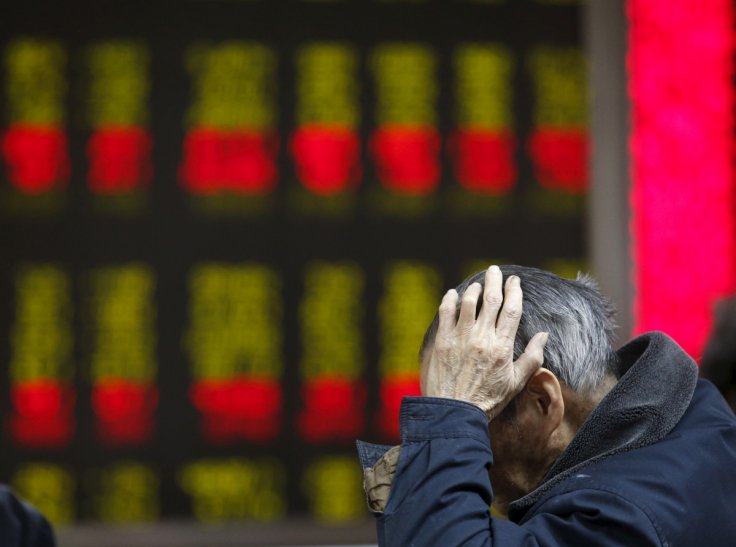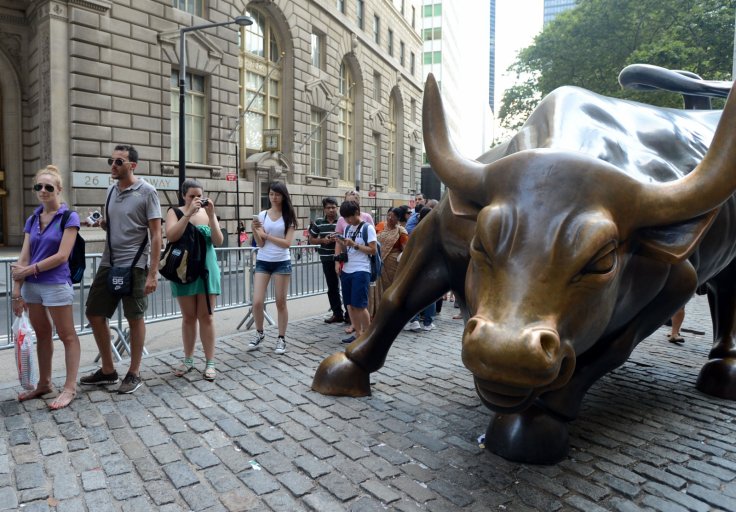Stock markets around the world boomed back in recent weeks after having been pummeled by the coronavirus impact. Markets were down in the dumps in March when investors grabbed the import of the virus crisis. However, in the last four months, money has flowed back into stock markets around the world in trillions. Obviously, vaccine makers gained the most, but even companies that have gone bankrupt and those that stay on without a revenue have also rallied.
Who is investing merrily in these uncertain times? Are the economic fundamentals robust enough to justify a spectacular bounceback? And who will be at the receiving end when the boom-bust cycle repeats? According to the analysts, the worldwide market recovery was fulled mostly by the amateur retail investors who saw an opportunity to buy in at the dip. That makes sense, to an extent, but what's in store for them?

Billionaire Investors Ready to Dump Stocks
Interestingly, the predictions are grim. Analysts have warned that the market boom could fizzle out, causing damage to retail investors. UBS, the world's largest wealth manager, has said big money is waiting to cash out after profiting hugely from the crash and subsequent bull run.
The wealth management company revealed to Reuters that billionaire investors took huge loans to expand their portfolio and they made huge profits as the markets rose from the depths. Now they want to cash out and put their money away in illiquid assets.
"We had record loans written during the middle of March and the middle of April, of significant family offices who asked us for balance sheet and then went into the market ... They bought, for example, U.S. equities, but they didn't buy $50 million. They bought a billion-plus of those equities to rebalance. And they made a lot of money," Josef Stadler, UBS' head of global family offices, said.

Millions of New Brokerage Accounts
This flight of money from the markets, coupled with the continued impact of the coronavirus outbreak, could pose significant downside risks for markets everywhere in the world. As usual, the small-time retail investors will be the last to know what's happening.
The world over, the market crash of March drove retail investors to the bourses. They were egged on by the urge to join the party at steal-deal rates.
In the U.S., Germany, the U.K and France, participation by individual investors saw a jump in the last four months, Bloomberg reported. In India, the market jumped when the lockdown was lifted albeit without any serious evidence showing that the country turned a corner in its fight against the virus. As many as 1.8 million new brokerage accounts were opened in the country since March. In Singapore, retail investors dipped into savings, leveraged holdings and even topped up debt in order to buy into beaten-down stocks.
Philippines saw a nearly three times spike in the number of people opening individual brokerage accounts in the aftermath of the lockdown and the stock market bust. The same pattern was observed in Japan, where retail investors have been skeptical over the last two decades following the infamous bubble burst. Bloomberg data shows that the number of people who opened new brokerage accounts touched 820,000 between February and April. This was double the number of people who latched onto stocks in the previous year.
Unseemly Recovery
The rush of money into the markets led to spectacular recovery across the world. This happened before anyone could put a finger at the low-point triggered by the coronavirus pandemic. Jobs were still lost, companies were tightening spending, capex was falling, consumer spending was subdued and governments were getting too stressed dealing with the double whammy of the pandemic and an economic shakeout.
In the US, by the end of June, the S&P 500 index rose around 35 percent since from the crash point in March. The story is the same in Europe and large parts of Asia.
However, the world economy is shaky and will continue to be so for long. Companies aren't making as much money as they used to. Employment will be subdued for longer and consumer sentiment will remain depressed. And no one really knows how long the coronavirus will hold the world to ransom. Yet there's feverish activity on the market. Of course, it's all about speculation and that's exactly why the amateurs are in for trouble.








